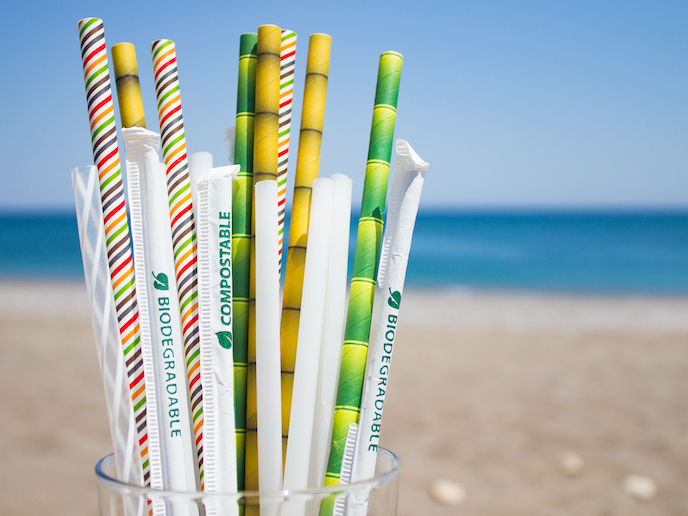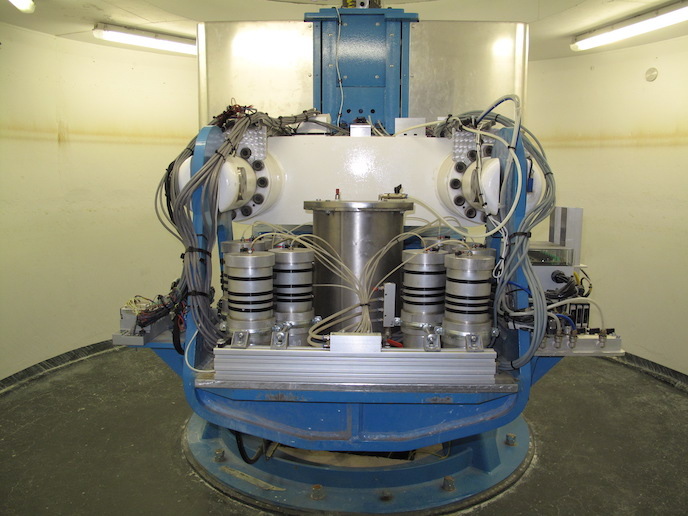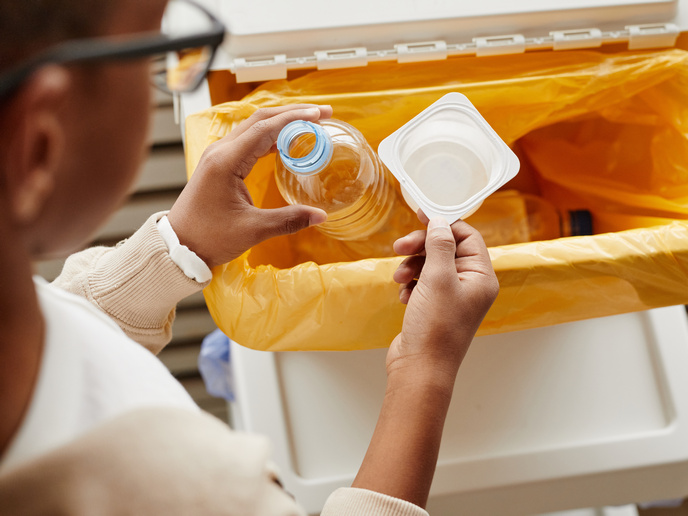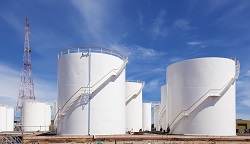Using bacteria to turn organic waste into biodegradable bioplastics
Plastic materials can take up to 2 000 years to degrade. This presents a huge environmental problem both on land and in the world’s oceans, which now have plastics even in the deepest reaches. Each year, around 8 million tonnes of plastics are dumped in the sea. As part of the overarching plastics strategy of the European Union, the European Parliament is implementing measures to eliminate single-use plastics by 2030. Yet a quick shift will be difficult, as plastic use is widespread and embedded in industry practice. Now, a European start-up is following another route: creating biodegradable bioplastics. The EU’s VEnvirotech project wants to turn organic wastes into bioplastics using bacteria. The idea is to use the natural creation of an energy reserve compound within bacteria which forms polymers that are similar to everyday plastics. The process can be done at a fraction of the cost of the production of plastic, with far fewer environmental impacts. The technology could tackle two problems at once: removing organic waste and generating greener plastics. “Our key objectives are reducing plastic pollution in the environment by creating a complete biodegradable bioplastic, and treating organic waste not as a waste, but as a resource,” says Patricia Aymà, co-founder and CTO of VEnvirotech(opens in new window), a biotechnology start-up based in Barcelona, Spain.
A natural solution
“Bacteria are amazing and singular specimens. Among all existing bacteria some of them are capable of producing an internal energy reserve,” adds Aymà. “This lets bacteria survive for long periods without food and supports the next generations of bacteria.” This energy reserve was found to be a bioplastic known as polyhydroxyalkanoate(opens in new window) (PHA). PHA is completely organic, biodegrades in the environment in 6-9 months and has the same properties as common plastics like polyethylene and polypropylene, meaning it can be mass-produced and used as an alternative. To get the bacteria to create the plastics, they are given small amounts of food and then starved. During this famine period, only bacteria able to create PHA will survive. Once those producing PHA are identified, they are fed with large amounts of food so they grow and fatten while creating higher quantities of PHA. The bacteria can be used to digest organic waste from industrial companies. “Organic wastes have the complete composition of carbon and nutrients that make them a healthy food for bacteria,” explains Aymà.
VE-BOX
VEnvirotech has developed a technology which co-opts this natural energy reserve compound process into a system which can function at an industrial scale. The technology is wrapped up in a portable shipping container, called a VE-BOX. The system inside is able to transform organic waste into food for bacteria, create bioplastics and inactivate bacteria. As a final step, PHA bacteria are extracted with a solvent that will bring costs down significantly in the future. The VE-BOX will be offered as a service for organic waste management, where customers pay per tonne treated. The bioplastics will also be sold on the market. “We are now developing the biotechnology and engineering technology, and the market outlook is for 2022,” says Aymà.







